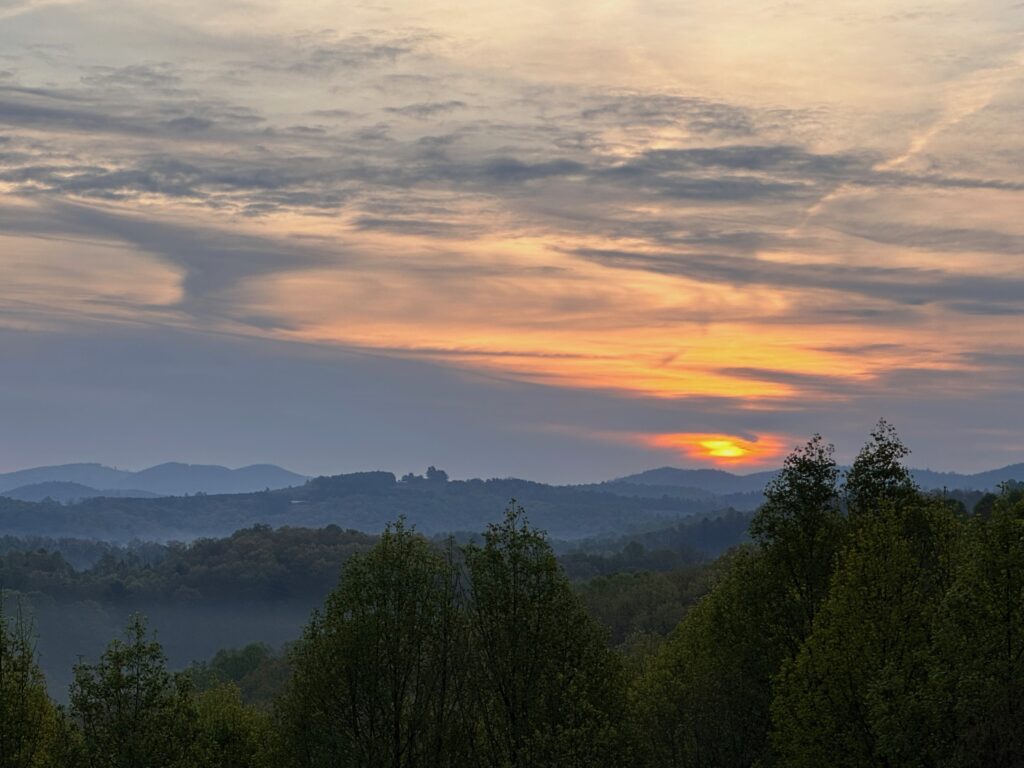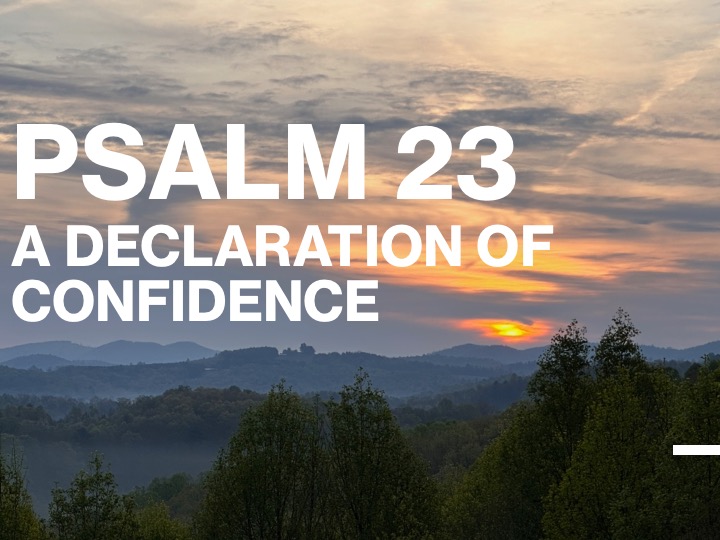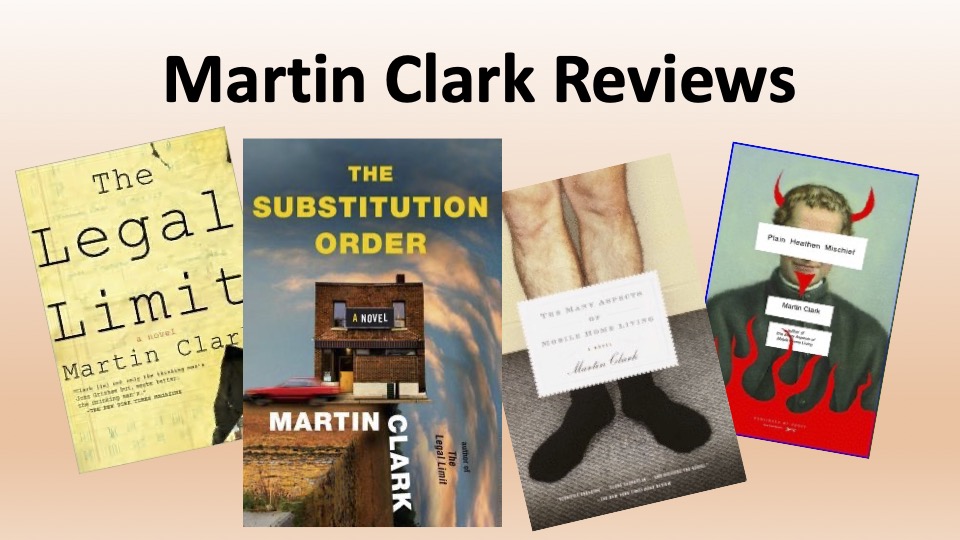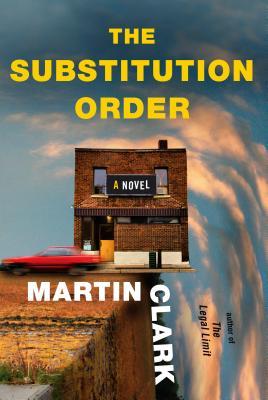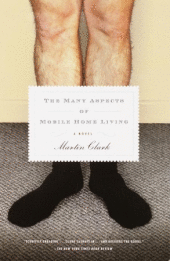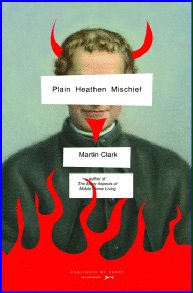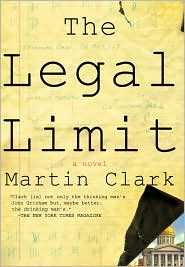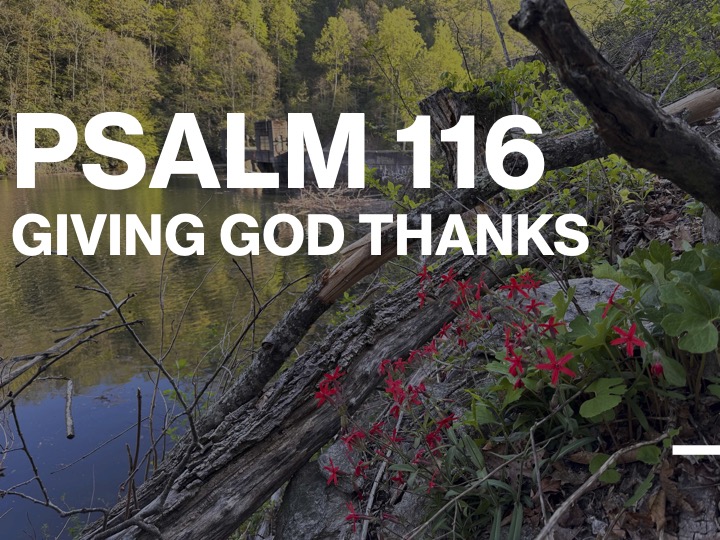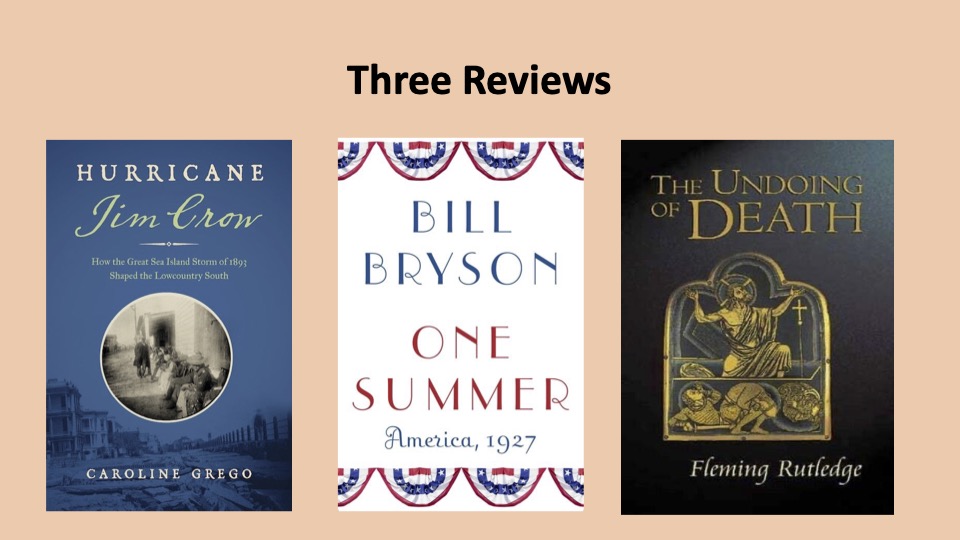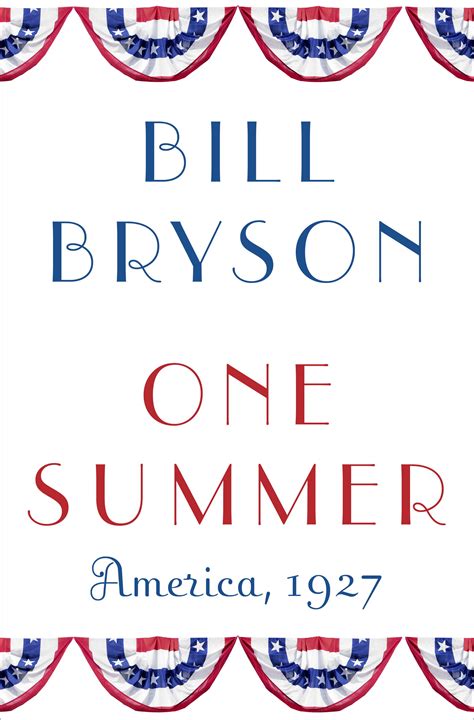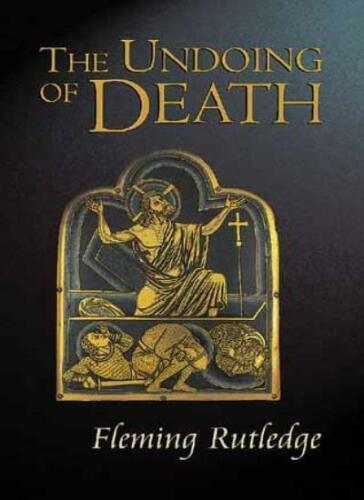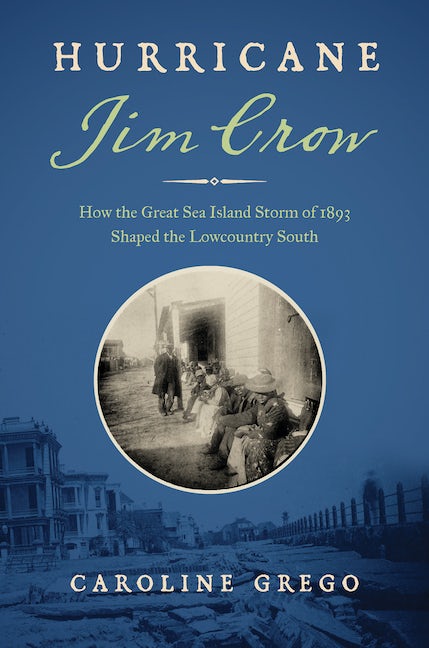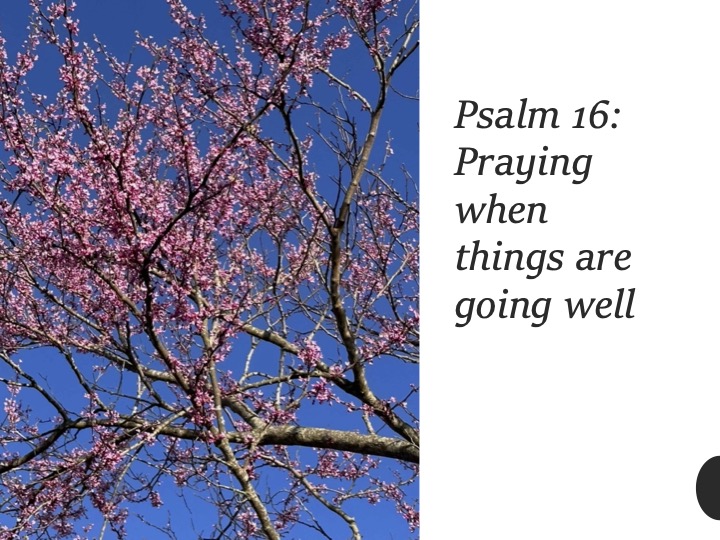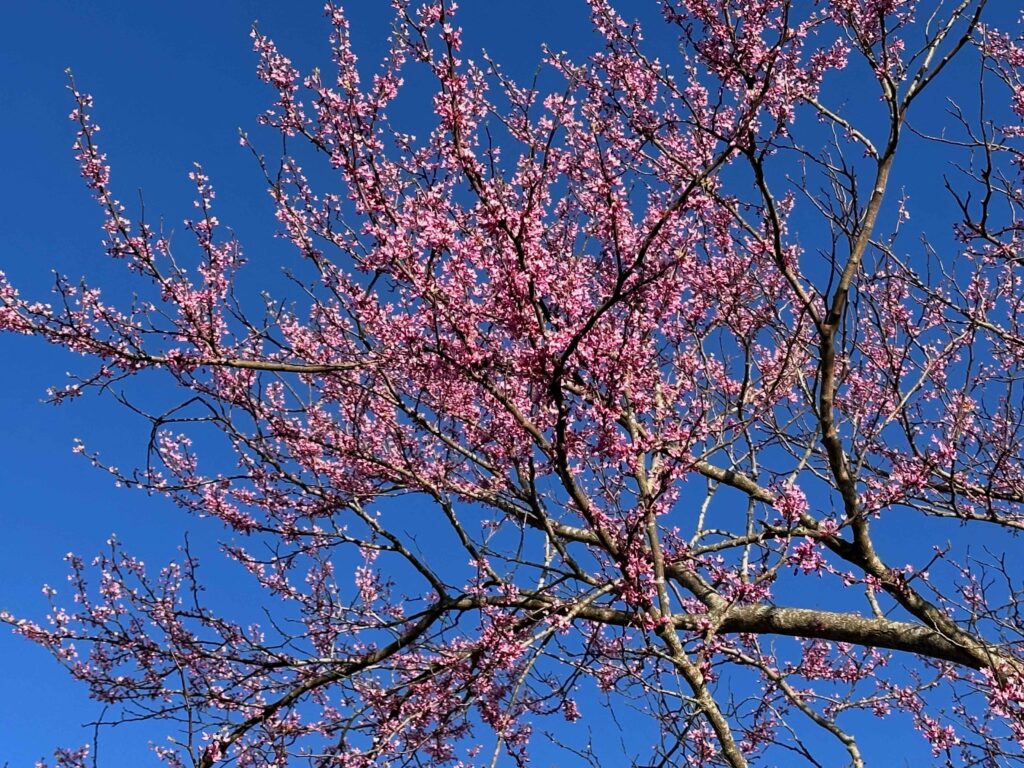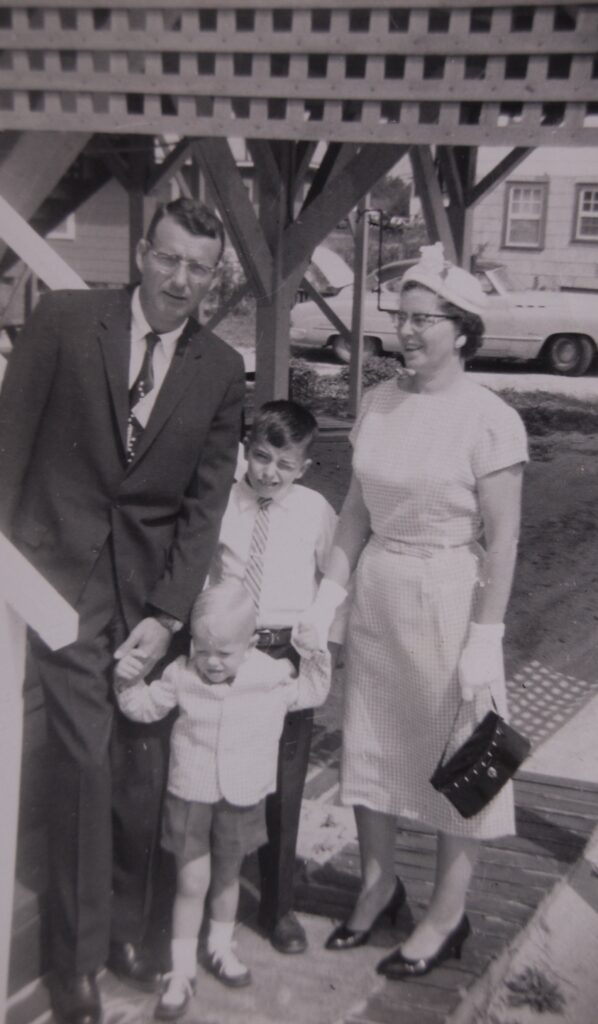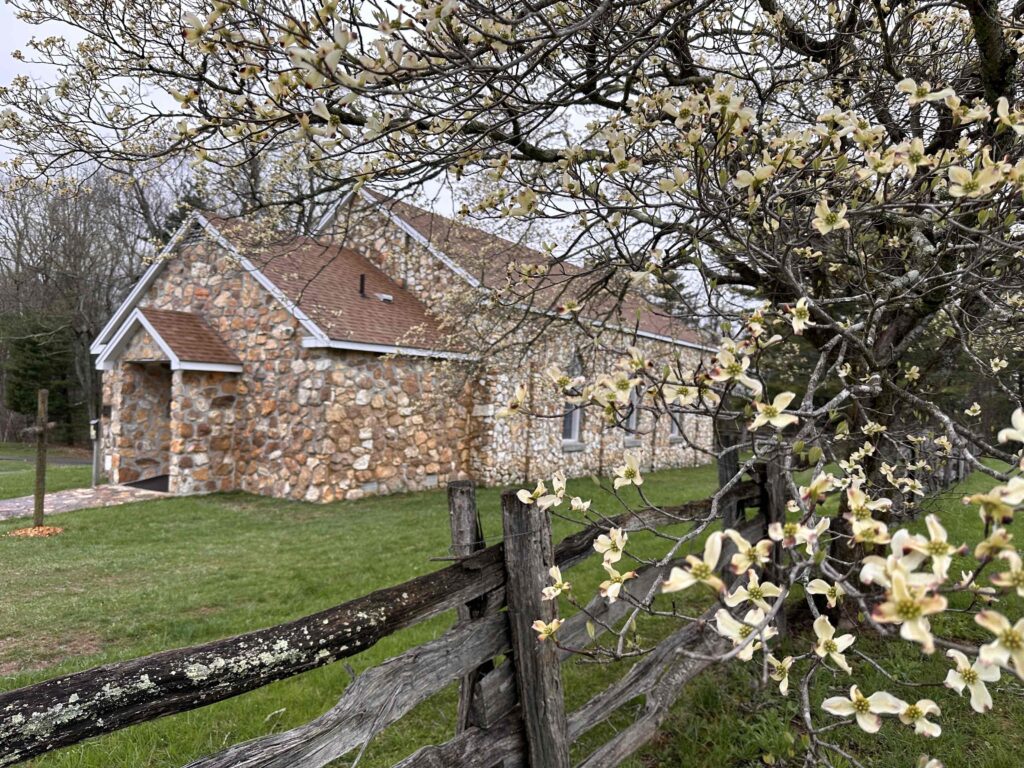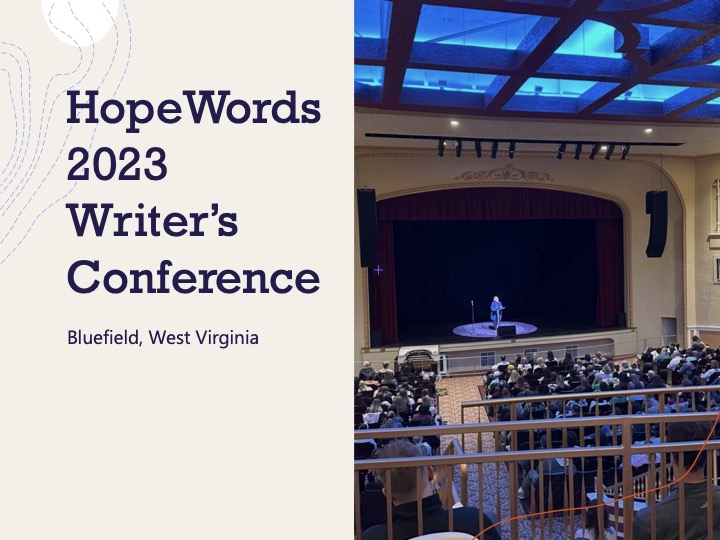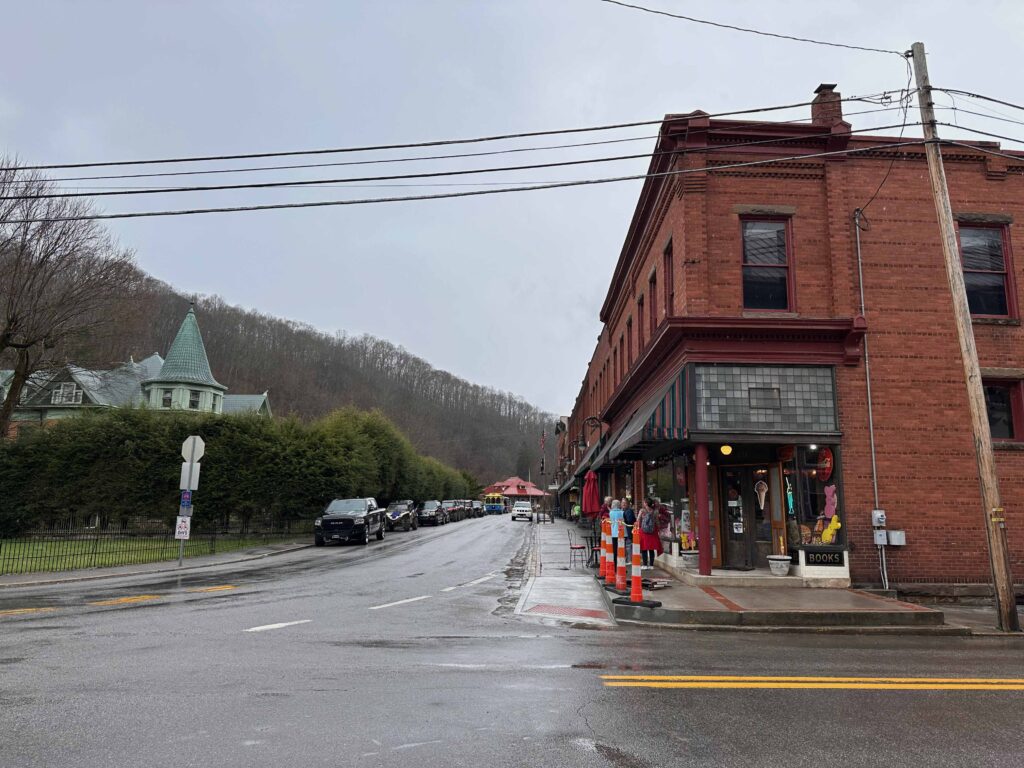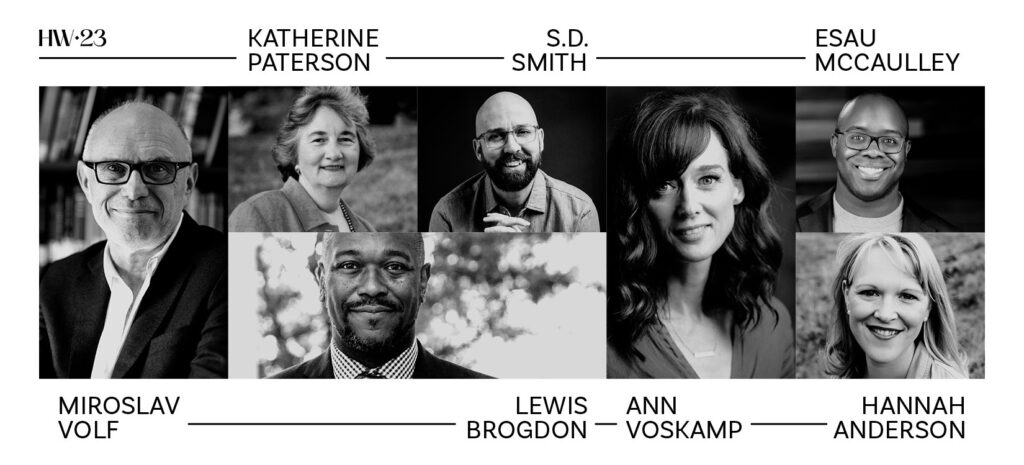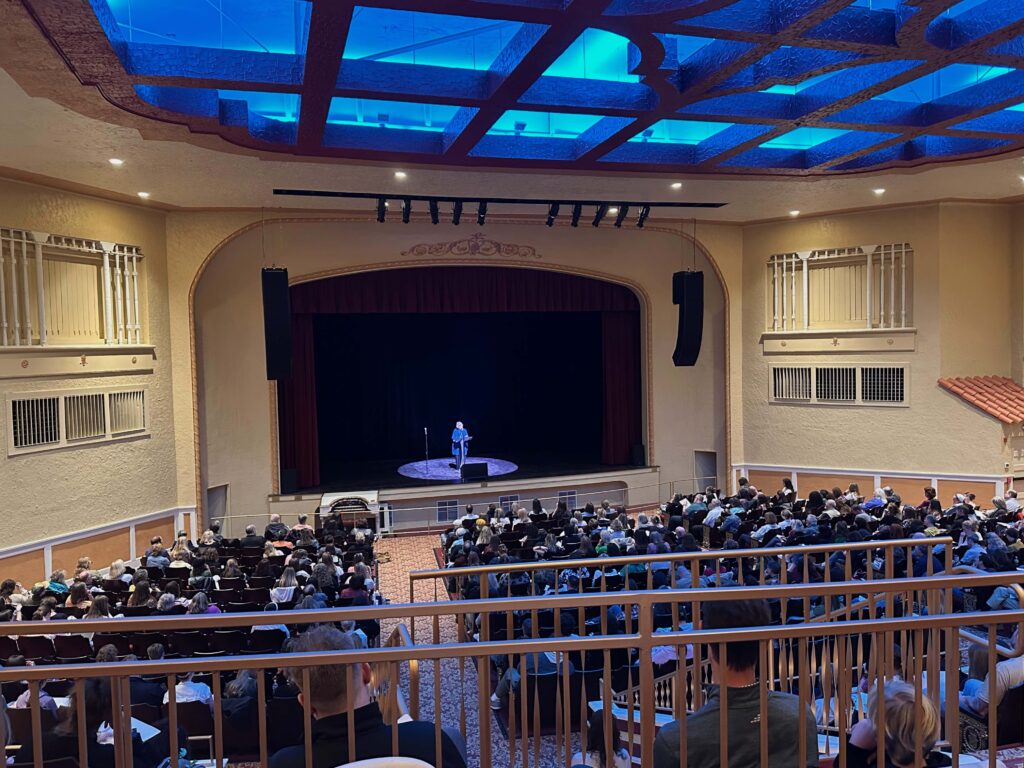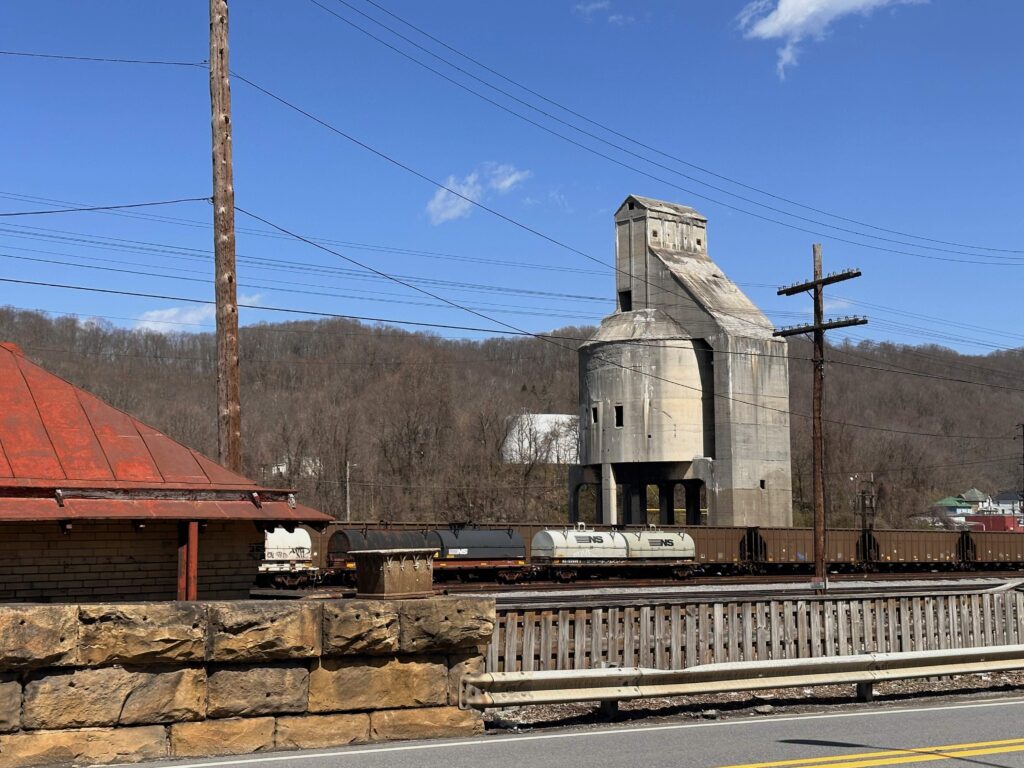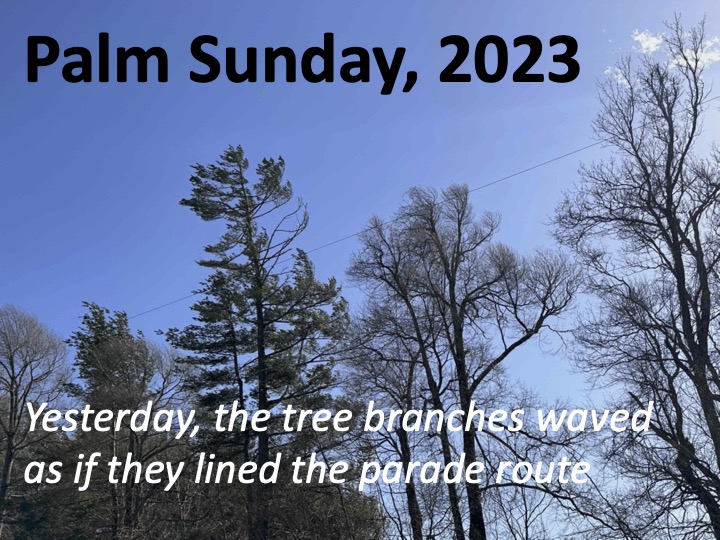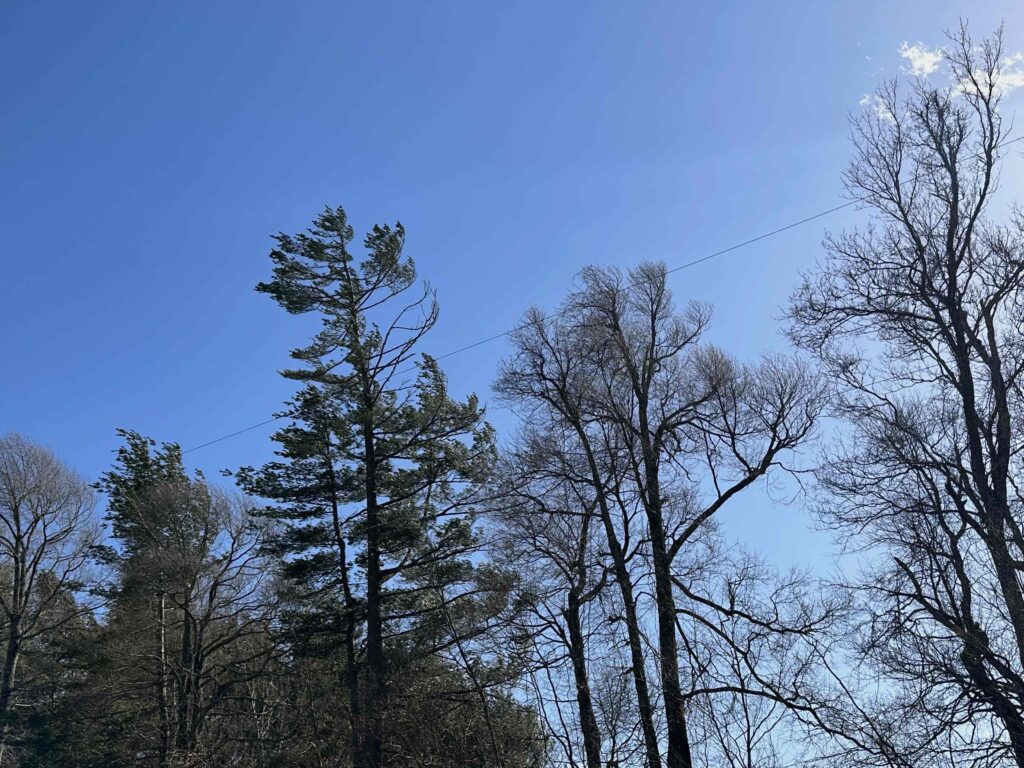Jeff Garrison
Bluemont and Mayberry Church
April 30, 2023
Psalm 23
At the beginning of worship:
What do we really need? As you know, when Jesus taught the disciples to pray, he didn’t teach them to pray for abundance. Instead, as I talked about in the fall when I preached on the Lord’s Prayer, Jesus had them to pray for their daily bread.[1]Life, at least the abundant life we can have in Jesus, is not about accumulation but about trusting God. We need God in our lives more than anything else.
Before reading the Scriptures:
The 23rd Psalm is the best known of all the Psalms, at least for Christians. While it’s also in the Jewish Scriptures, it doesn’t have the same meaning. This is probably because of Jesus’ use of the image of the Good Shepherd in the Gospel of John.
However, we must be careful with the idyll feelings we bring to this passage. As one commentator on the passage notes, the Psalm is often seen as a picture of a cheerful, ideal relationship to God, but that’s not entirely accurate. Certainly, this doesn’t fit with other images of a shepherd’s work in the scriptures. He goes on to note that the aim of the Psalm is not to create a picture of a shepherd or even a little lamb. Instead, it places these actions side by side: the provisions a shepherd provides his flock, and the provisions God makes for those who trusts Him.”
The shepherd is an example or a metaphor for God. It’s because the David has such trust in God that he can make this “declaration of confidence,” which makes it possible for him to compare a shepherd to God.[2]
This is such a familiar Psalm. Close your eyes and try to listen to it as I read the Psalm once again.
Read Psalm 23
Augustine of Hippo, the great fourth century Christian theologian, answered the question I asked at the beginning of worship while reflecting on the 23rd Psalm. “Since my shepherd is the Lord Jesus Christ, I shall not lack anything.”[3]
I think he’s right. After all, this Psalm has something for us all. Whatever we need, we can find it here. When things go well for us, we appreciate the nurturing implied by the green grass and still waters. When things are not going so well, it’s nice to be comforted and not left alone when traveling through dangerous and deadly valleys. Augustine relates the waters in Psalm 23, to baptism, a place where the broken and weak gain new life.[4]
3 parts to the Psalm
I am going to parse this Psalm into three sections. The first deals with that which we need in this life. We need food and water. We also need protection, guidance, and when we’re beat, restoration.
The Lord as shepherd provides this to his sheep. He leads them to places where they can get a drink of water. He takes them to new pastures. Sheep will eat the grass down to the nub and sooner or later they will not be anything to eat. So, they must move on to new pastures. This allows the sheep to continue to eat while the grass in the previous pasture is restored. And in their travels, the shepherd gives the sheep time to rest and to restore their bodies for what’s ahead.
An individual within a herd
While this is an individual Psalm, no shepherd takes care of an individual lamb. A shepherd has charge of a herd of lambs. When I lived in Utah, where the sheep business still thrives, I once listened in on a discussion as to whether a group of sheep should be called a herd or a flock. The Bible and Christmas carols seems to be on the side of flocks.[5] But an old resident of the desert southwest ended the debate. “I’ve seen plenty of sheepherders in this country,” he said. “Now, I want you to show me as sheep flocker.”
I have no desire to settle that debate between herds and flocks today.[6] But I want us to acknowledge that this is an individual Psalm. It is attributed to David, shepherd as a boy, he sought after God and felt cared for by the Almighty. But this does not mean he saw this close relationship exclusively between him and God. It was something all who seek out the Lord can experience.
Perhaps, the Psalmist who wrote this Psalm as an individual knew what it was like to be the lost sheep whom the shepherd leaves the herd behind to find.[7] While we’re in a community, we are also important to God as an individual.
Shepherds and leadership
And while the sheep business was considered a dirty business even in the ancient world, the idea of a good leader was also metaphorically understood as a shepherd. The idea of a shepherd implied royalty and the shepherd’s crook was often used as a symbol of leadership. As one commentator on this passage notes, the metaphor of the Lord as a shepherd refers to what the Lord (and kings) should do.[8] And the same should also apply to pastors and leaders in church. Of course, humans never live up to God’s ideal.
The second part of the Psalm begins with a shift in language. Now David, the Psalmist, speaks directly to God, drawing the Lord even closer.[9] “Even though I walk through the valley of the shadow of death, YOU are with me.” Those praying this psalm knows the shepherd’s presence.
The rod and staff
We acknowledge that not all the paths we trod will be grassy or by still waters. There will be times we must be led through narrow canyons and along steep ledges, but the shepherd with his crook can guide us safely. The shepherd’s rod and staff are the same thing, it just depends on how they are used. As a staff, it can be used to catch a stray or falling animal by the neck and drag it to safety. But as a rod, it can be used beat off wolves attacking the sheep.
Of course, the rod can also be used to chastise the sheep and keep them in line. The Hebrew scriptures speak of the rod for punishment.[10] Perhaps, because of this, Origen, another of the earlier theologians of the church, saw the rod as a warning filled with hope. “If you have sinned and see the rod of God threatening you, know that the mercy of God will not be far from you.”[11] The good shepherd wants to keep us together, less we stray and really get into trouble.
The banquet
Then the Psalm slips from metaphor of the shepherd to one hosting a banquet. While the milk of the ewe is enough for a lamb, as they grow, they need more sustainable food. Likewise, as we mature as Christians, our diet changes. God strengthens us for what we must endure. [12]
Furthermore, the Psalm acknowledges that we have enemies in this world. There are those who would like to do us harm, but when we follow the shepherd, he watches over us. We are safe, feasting even when in danger. The oil pour out on our heads is an anointing, reminding us of God’s promises. Likewise, the cup overflowing reminds us of God’s abundance.
God in the Psalms and our enemies
An interesting insight into the Psalms is that they most often speak of weakening our enemies instead of fortifying us for battle![13] In other words, God does not prepare us to take over and be our own shepherd. We must always realize our dependence on our Lord.
Part 3 ends the Psalm with hope, not just in the present but in the future. If God gives us life, we will experience goodness and mercy. This would have been David’s and the people of the Old Testament’s understanding of the Psalm. But because of Jesus, we have hope not just for life in this world, but in the world to come.
For Christians reading the Psalm
For Christians, we cannot understand Psalm 23 without seeing the Lord as Jesus Christ, the good shepherd as we learn from the tenth chapter of John. There, we see that the true shepherd is one known by the sheep, unlike rustlers who attempt to drive the sheep away. If we hang close to the Good Shepherd, we’re promised everlasting life. Jesus also promises to lay his life down for those who follow him, which he did on the cross.
The Incarnation: Jesus as shepherd and sheep
Interestingly, Jesus is not just a shepherd.[14] The doctrine of the incarnation teaches us that Jesus is God and human. Likewise, Jesus is not just the Good Shepherd, he was also a faithful sheep, who came and gave his life for others. John the Baptist points this out before Jesus began his ministry, “Behold, the Lamb of God.”[15] In the book of Revelation, we find the lamb of God slain,[16] but also the resurrected lamb on the throne.[17]Having experienced both sides, Jesus knows what we endure in the world, even as he leads home to God the Father.[18]
Conclusion
When we pray the Psalms, the 23rd Psalm should be used regularly. In this short Psalm, we’re reminded of God’s abiding love. We are never alone in this world. That should give us courage and hope. May we always listen to and follow the Good Shepherd until that day when we are brought together under his rule in the life to come. Amen.
[1] See https://fromarockyhillside.com/2022/11/06/give-us-this-day-our-daily-bread-the-lords-prayer-part-4/
[2] Claus Westermann, The Living Psalms, J. R. Porter, translator (1984, English translation: Grand Rapids, MI: Eerdmans, 1989), 134.
[3] Augustine, Exposition of the Psalms, quote from in the Ancient Christian Commentary on Scripture: Old Testament VII, Psalm 1-50 (Downers Grove, IL: Intervarsity Press, 2008), 178
[4] Augustine, 179.
[5] Luke 2:8. See also Nahum Tate’s carol, “While Shepherds Watched Their Flocks”
[6] Maybe it has to do with the number of animals. A dozen ewes could be a flock, 1000 ewes (and most herds around Cedar City, UT had even more ewes) could be a herd.
[7] Luke 15:3-7.
[8] James L. Mays, Psalms: Interpretation, a Bible Commentary for Teaching and Preaching (Louisville: John Knox Press, 1994), 117.
[9] Artur Weiser, The Psalms: A Commentary, Herbert Hartwell, translator (1959 German translation, Philadelphia: Westminster Press, 1962), 229.
[10] Proverbs 13:24.
[11] Origen, “Selections from the Psalms 23:4, quote from in the Ancient Christian Commentary on Scripture: Old Testament VII, Psalm 1-50 (Downers Grove, IL: Intervarsity Press, 2008), 180
[12] Augustine, 180.
[13] For this insight, I am indebted to a tweet by @CAHutch1990. “Has anyone done a count in the Psalms of how many verses are about God disarming the violent verses the strengthening the military might of his own people? Repeatedly, there are promises of God bringing justice, not by violence, but by the suppression of violence.
[14] Scott Hoezee outlines this thought in his commentary on the passage. See https://cepreaching.org/commentary/2023-04-24/Psalm-23-14/
[15] John 1:29, 36.
[16] Revelation 5:6, 7:17, 13:8
[17] The ending of Revelation begins with the “Marriage of the Lamb” and his rule. See Revelation 19:9; 21:22; and 22:1, 13, and 23.
[18] John 14:6.
